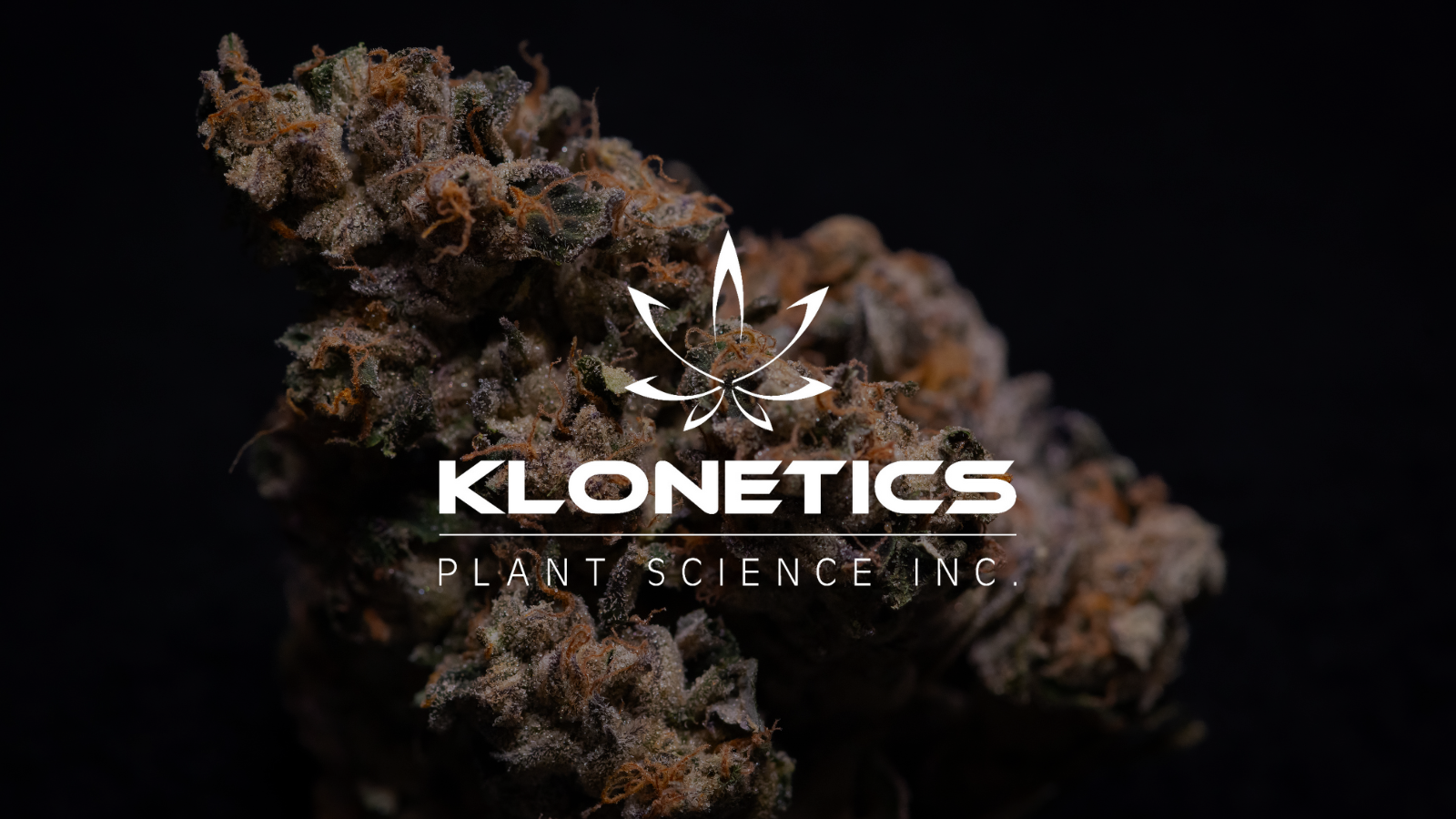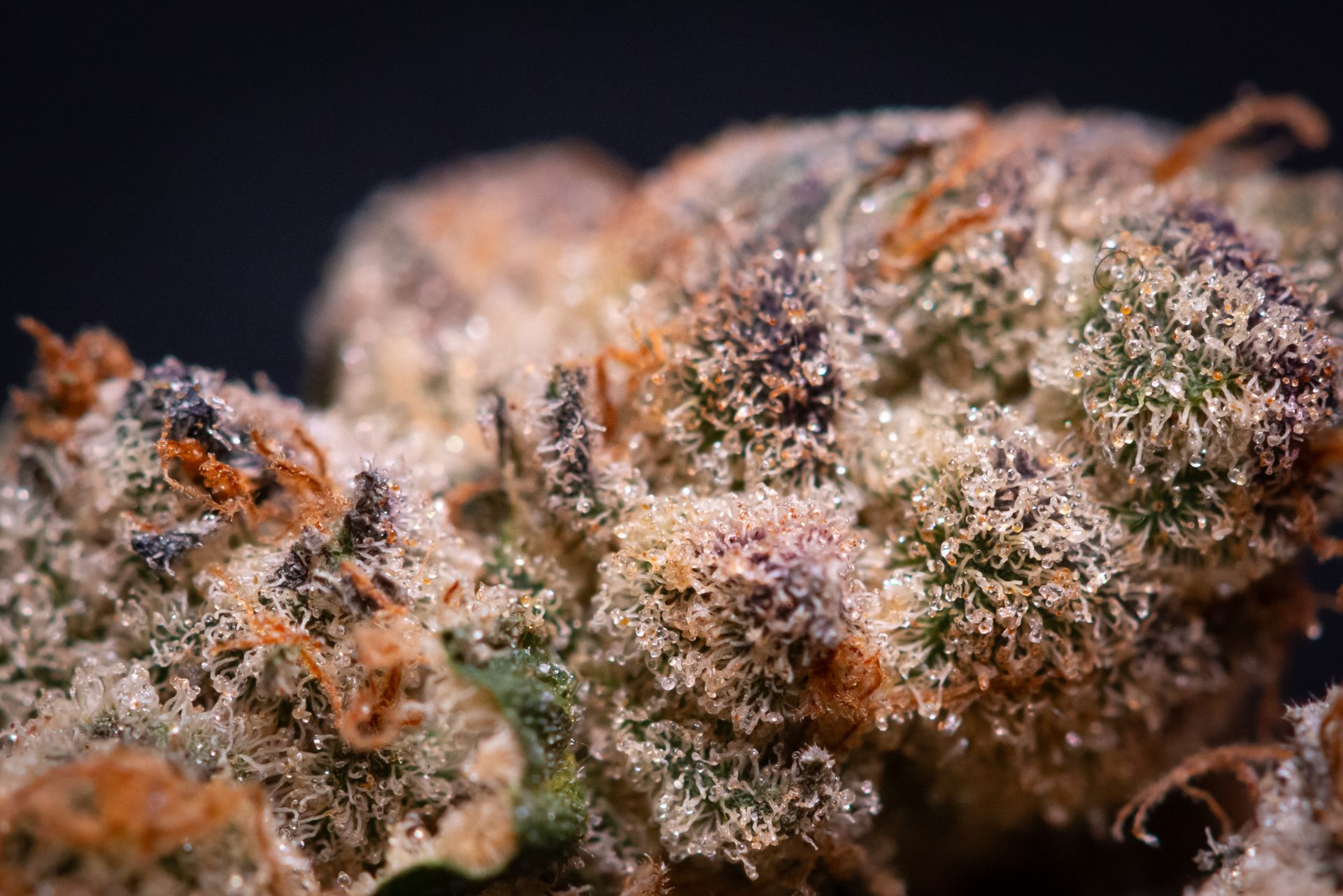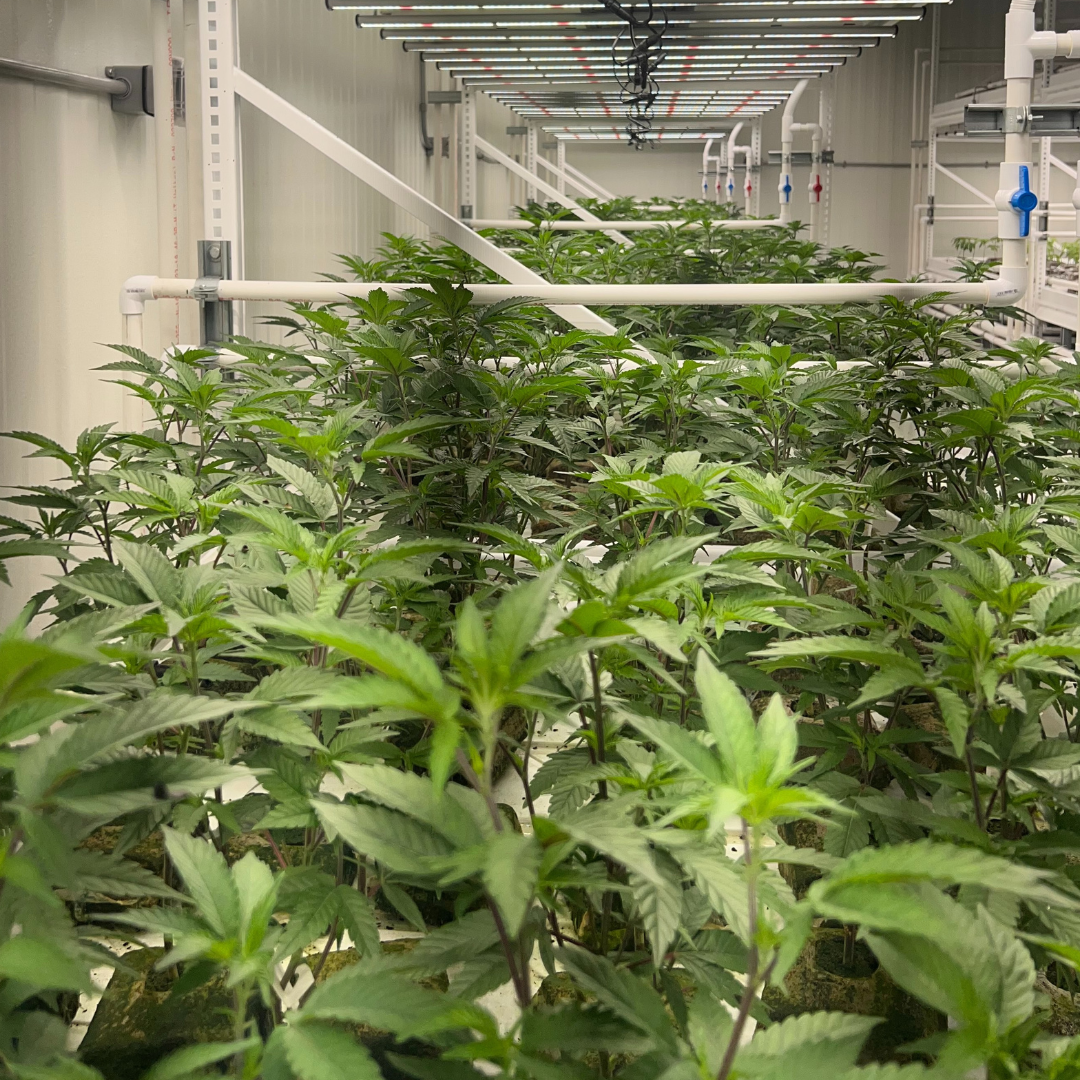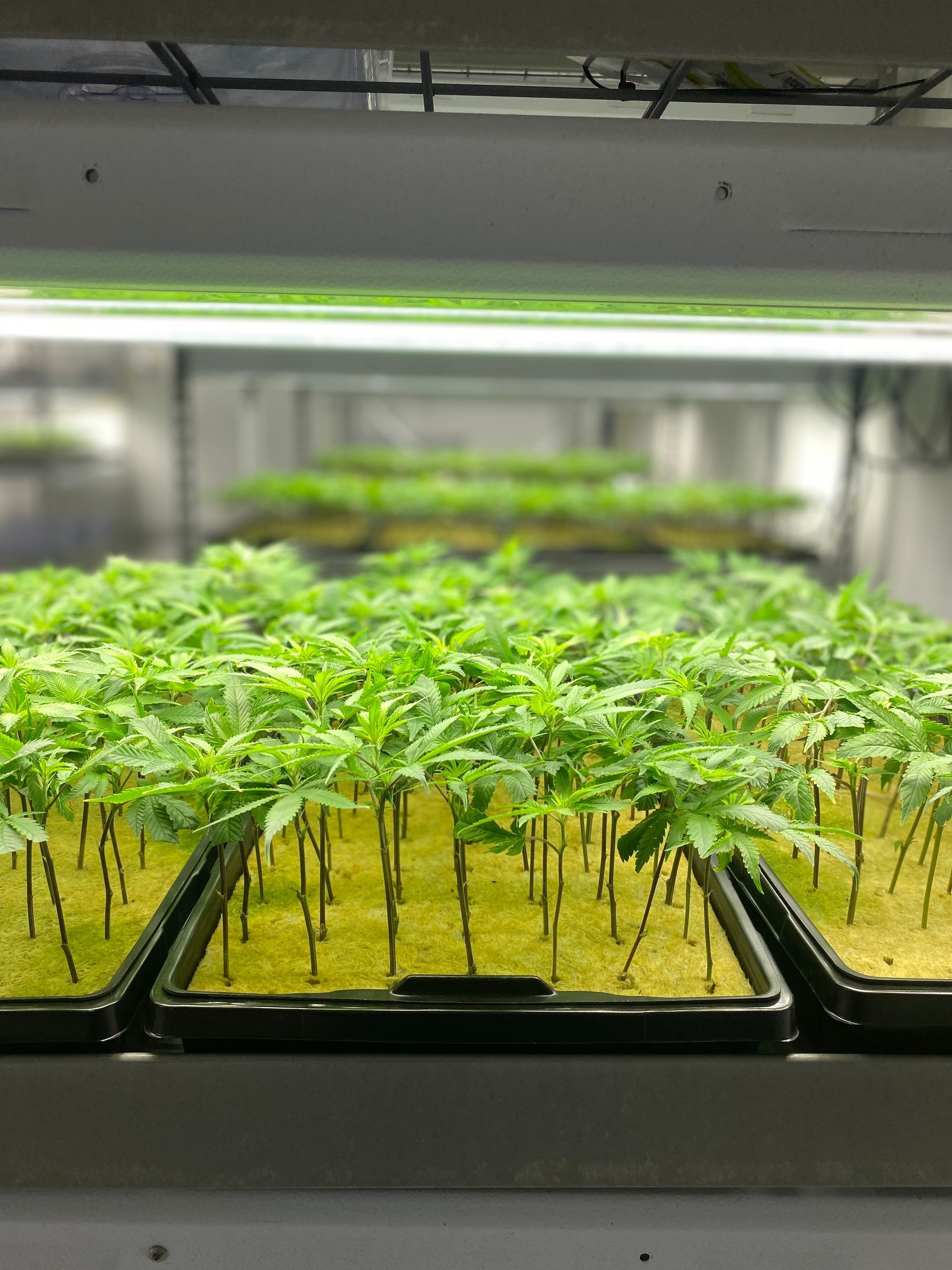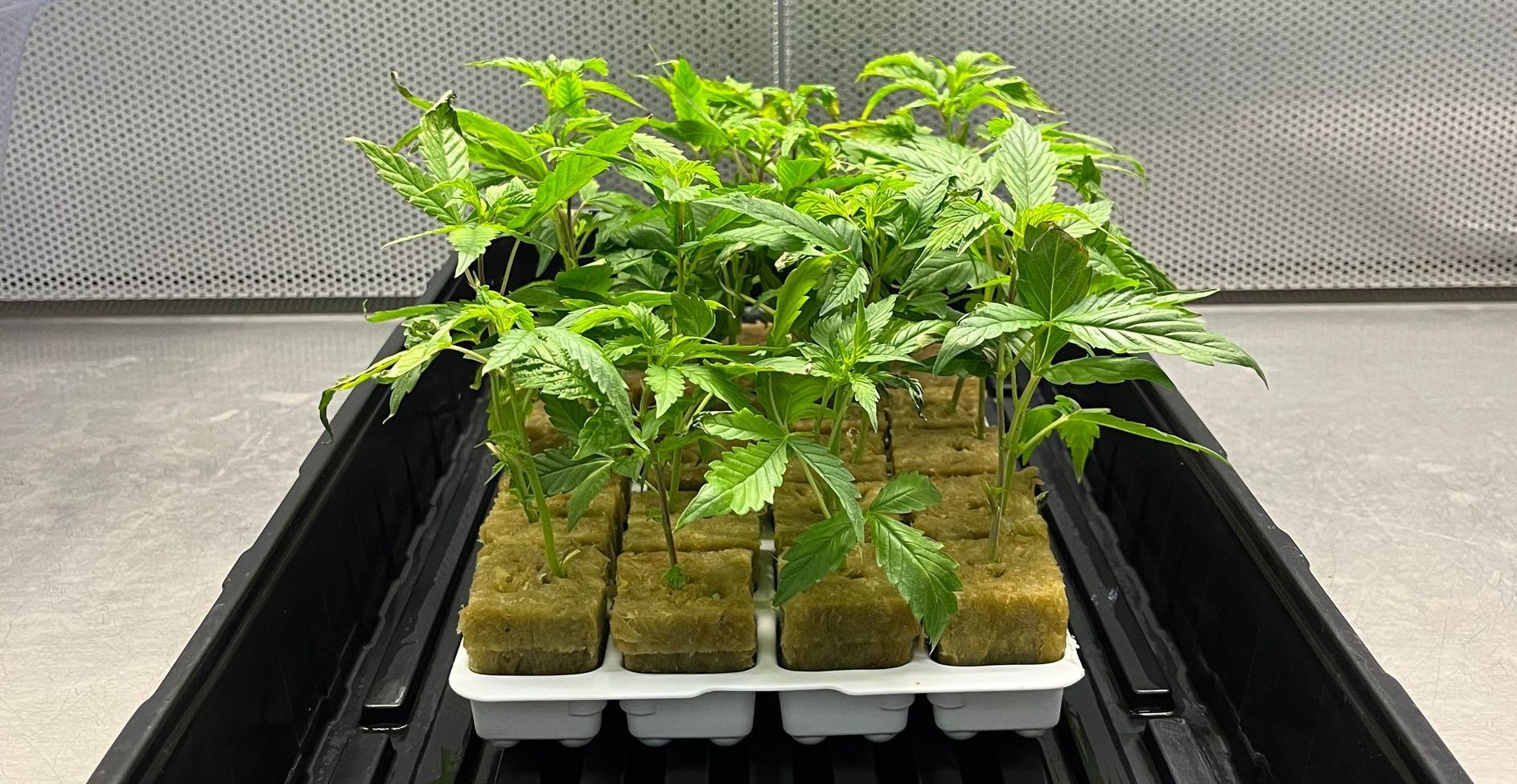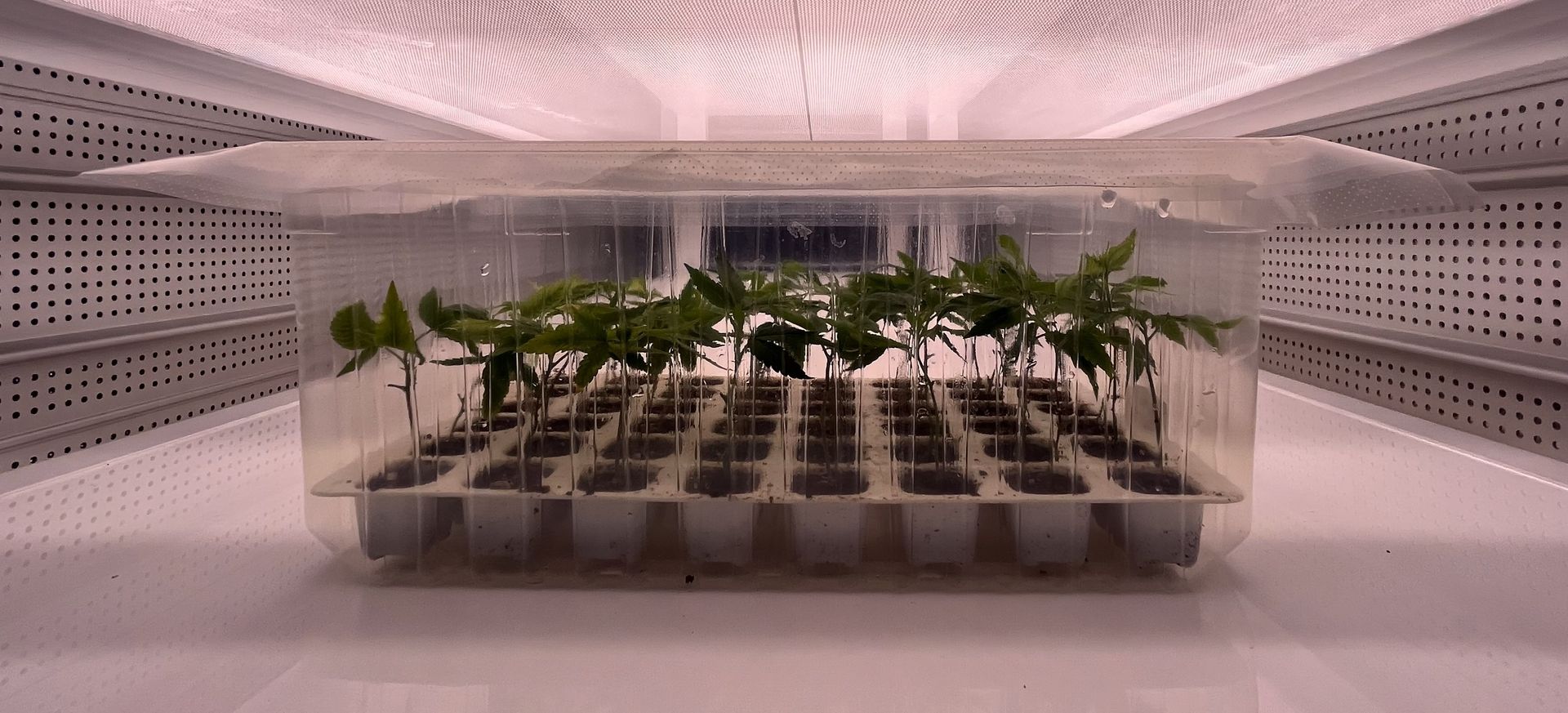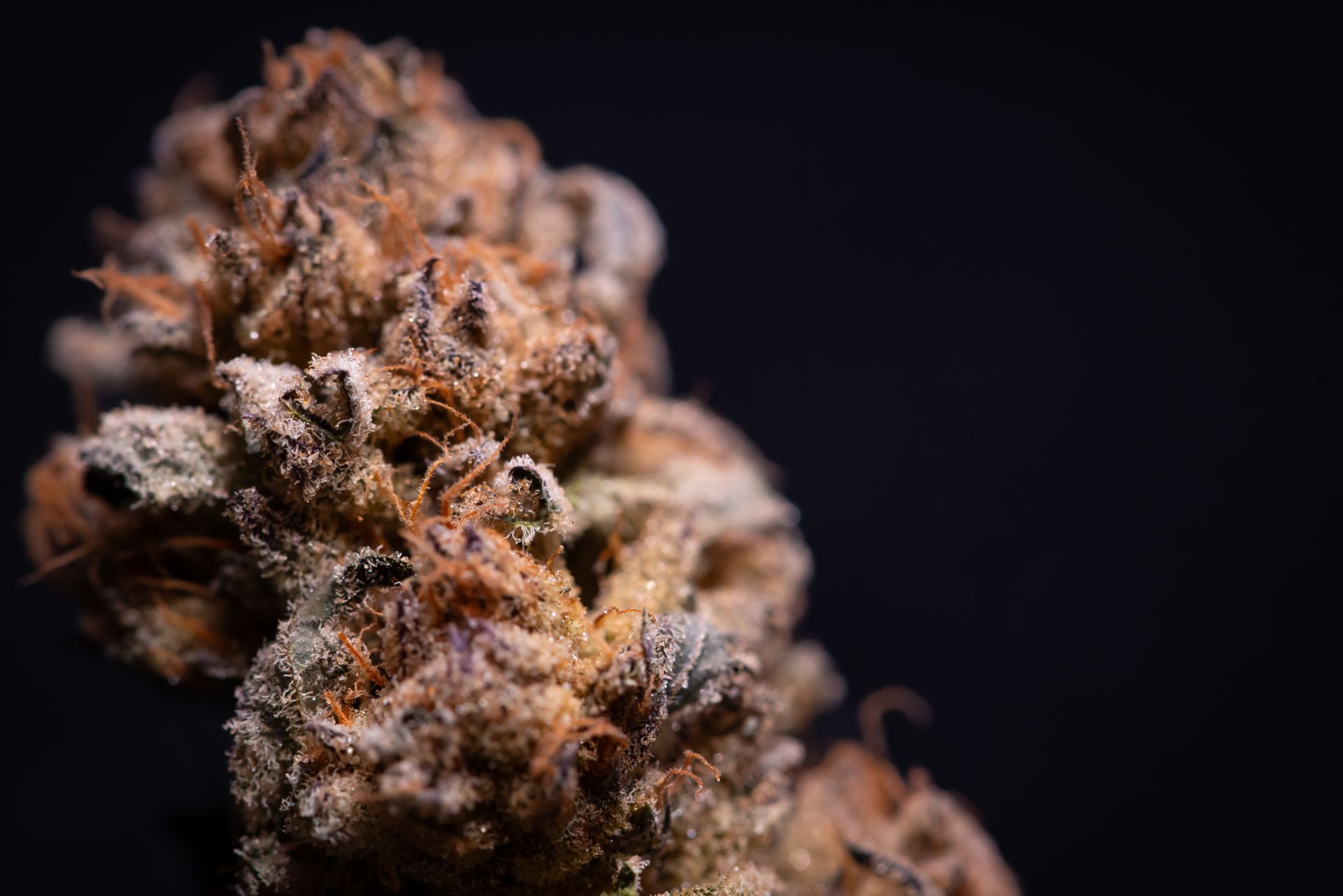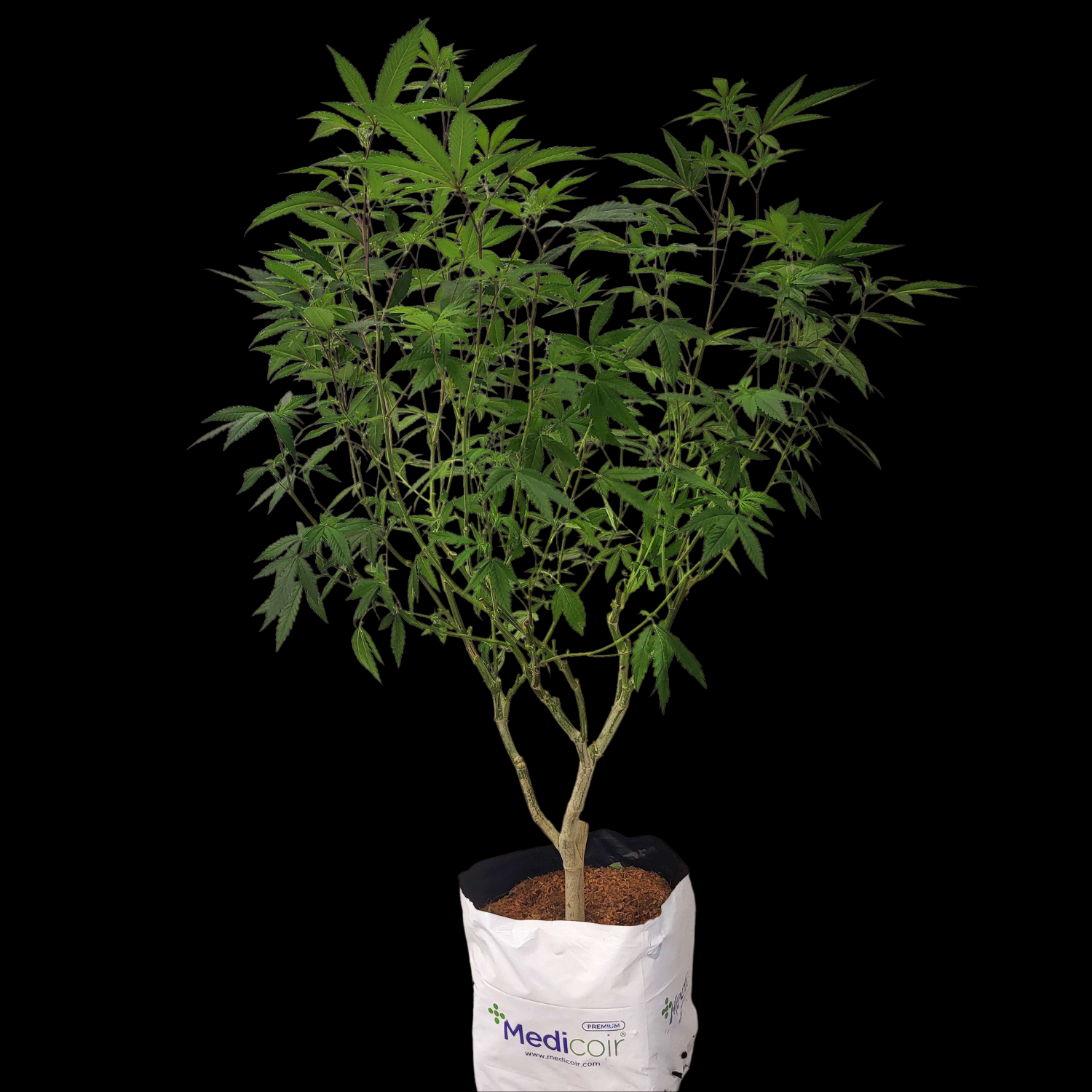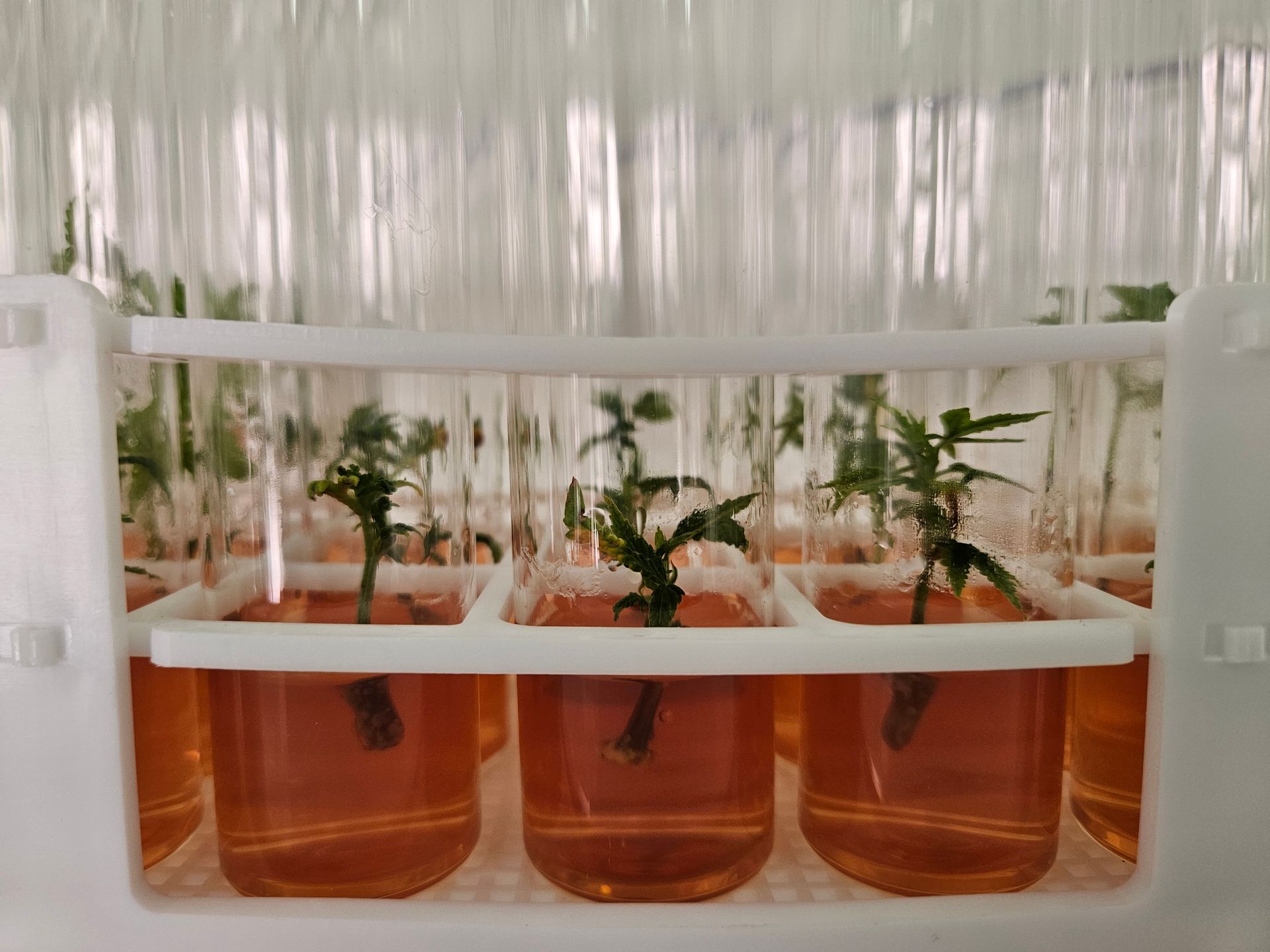Understanding Cannabis Phenotypic Variation
Understanding Cannabis Phenotypic Variation
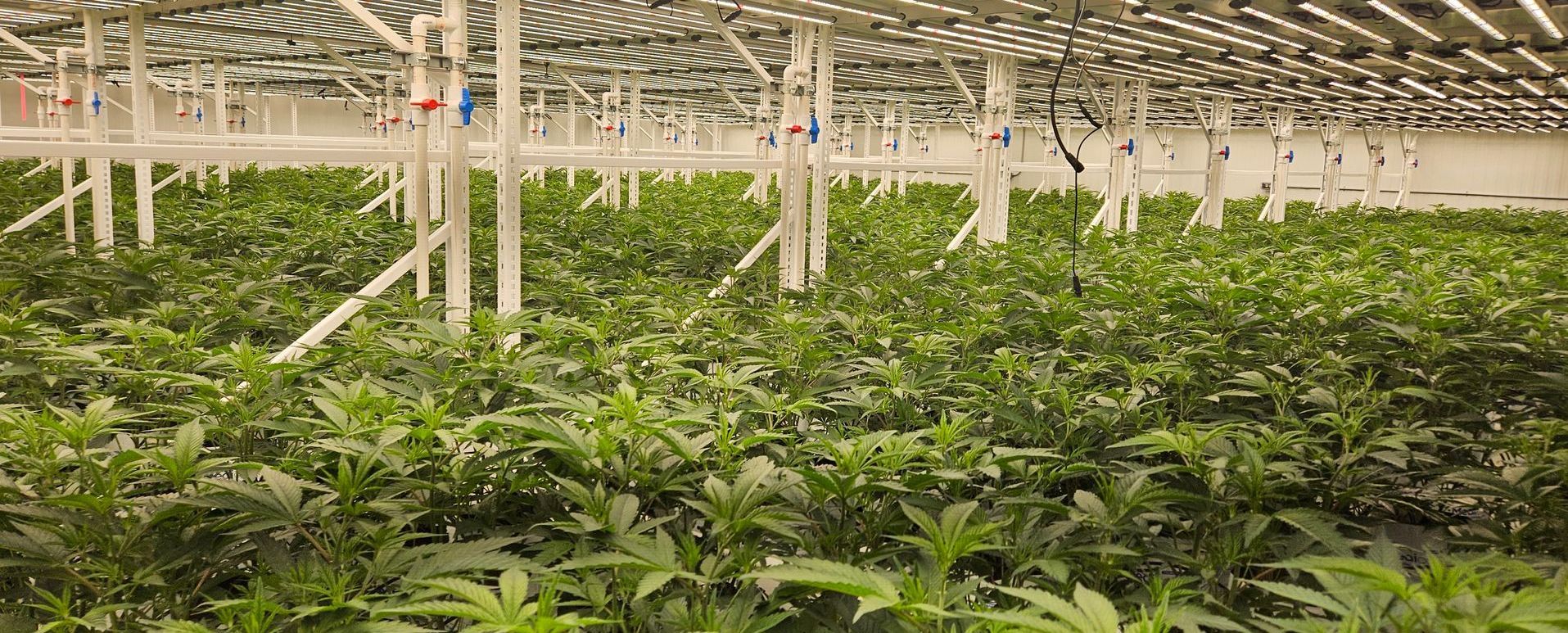
In the captivating world of cannabis, the diversity of plant phenotypes is truly astounding. Analysis of over 100 cannabis samples has revealed that Sativa- and Indica-labeled strains are often genetically indistinct on a genome-wide scale, challenging the traditional distinctions source. This surprising finding underscores the importance of understanding phenotypic variation in the complex world of cannabis genetics.
What Are Cannabis Phenotypes?
Cannabis phenotypes represent the physical expression of a plant's genetic composition, influenced by both genotype and environmental factors. This guide delves into the science behind phenotypic variation, its impact on cannabis cultivation, and its significance in the industry. We’ll explore how phenotypes affect plant appearance, growth patterns, and chemical profiles—providing insights for both cultivators and consumers. For a deeper dive into cannabis cultivation practices, visit our cultivation guide.
Key Takeaways:
Genetic analysis shows Sativa and Indica strains are often indistinguishable genetically.
Phenotypic variation affects plant appearance, growth patterns, and chemical profiles, impacting both cultivators and consumers.
Klonetics Plant Sciences leads in cannabis phenotypic research, helping the industry harness the full potential of cannabis genetics (Klonetics site).
The Science Behind Cannabis Phenotypes and Genotypes
Delving into cannabis cultivation, we see the intricate relationship between phenotypes and genotypes. The physical expression of a cannabis plant's genotype, known as the phenotype, is influenced by indoor or outdoor environments. Temperature, nutrient availability, humidity, and lighting significantly impact a plant’s appearance, resin production, and aroma. For more insights on growing environments, check out our indoor vs. outdoor growing guide.
Cannabis breeders leverage hybrid strains to create diverse phenotypes and genotypes that offer a range of flavors, aromas, and effects. The plant’s genotype dictates its growth and appearance, but environmental factors determine which traits are expressed.
Genetic Expression and Environmental Influence in Cannabis
Even professionally backcrossed genetics can vary with different growing conditions. This is particularly true for autoflowering cannabis seeds and clones, which, despite identical genetics, can show distinct characteristics depending on their growing environments. For those interested in consistent results, selecting quality seeds from reputable seed banks is crucial.
The Role of DNA in Plant Development
Autoflowering seeds display a range of phenotypes, and their growth is influenced by environment—meaning that even within the same genetic strain, plants may differ. Choosing seeds from trusted sources can help growers maintain consistency in growth patterns, aroma, and effects.
Exploring Phenotypic Variation and Its Influence on Cultivation
Historically, breeders have observed subtle differences among individual plants, leading to the term “phenotype” to describe these unique variations. Understanding phenotypes enables cultivators to make informed decisions, cultivating desired characteristics in crops. For cultivators, this knowledge means optimizing the genetic and environmental interplay for the best results.
Cannabis Phenotypic Variation: Key Factors
At Klonetics Plant Sciences, we know that cannabis diversity results from a complex interplay between genetic and environmental influences. Environmental conditions like temperature, humidity, nutrient levels, and growing mediums all contribute to a plant's phenotype. This adaptability demonstrates cannabis's phenotype plasticity, allowing it to adjust to various environments.
Klonetics is dedicated to unraveling this genotype-environment interplay, empowering cultivators with the knowledge needed to produce exceptional products. Learn more about how Klonetics Plant Sciences is at the forefront of cannabis genetics innovation on their official site.
The Environmental Impact on Cannabis Expression
The delicate balance between genetics and environment determines each cannabis plant's unique characteristics. As cannabis science advances, understanding how environment shapes phenotype will enhance cultivation practices, ultimately benefiting consumers through more tailored products.
By mastering cannabis phenotypic variation, cultivators and consumers alike can make more informed choices, paving the way for improved cultivation practices and a greater appreciation for the diversity within the cannabis landscape. Whether you’re a hobbyist grower or an industry professional, understanding phenotypes opens up a new world of potential in cannabis cultivation and consumption.


